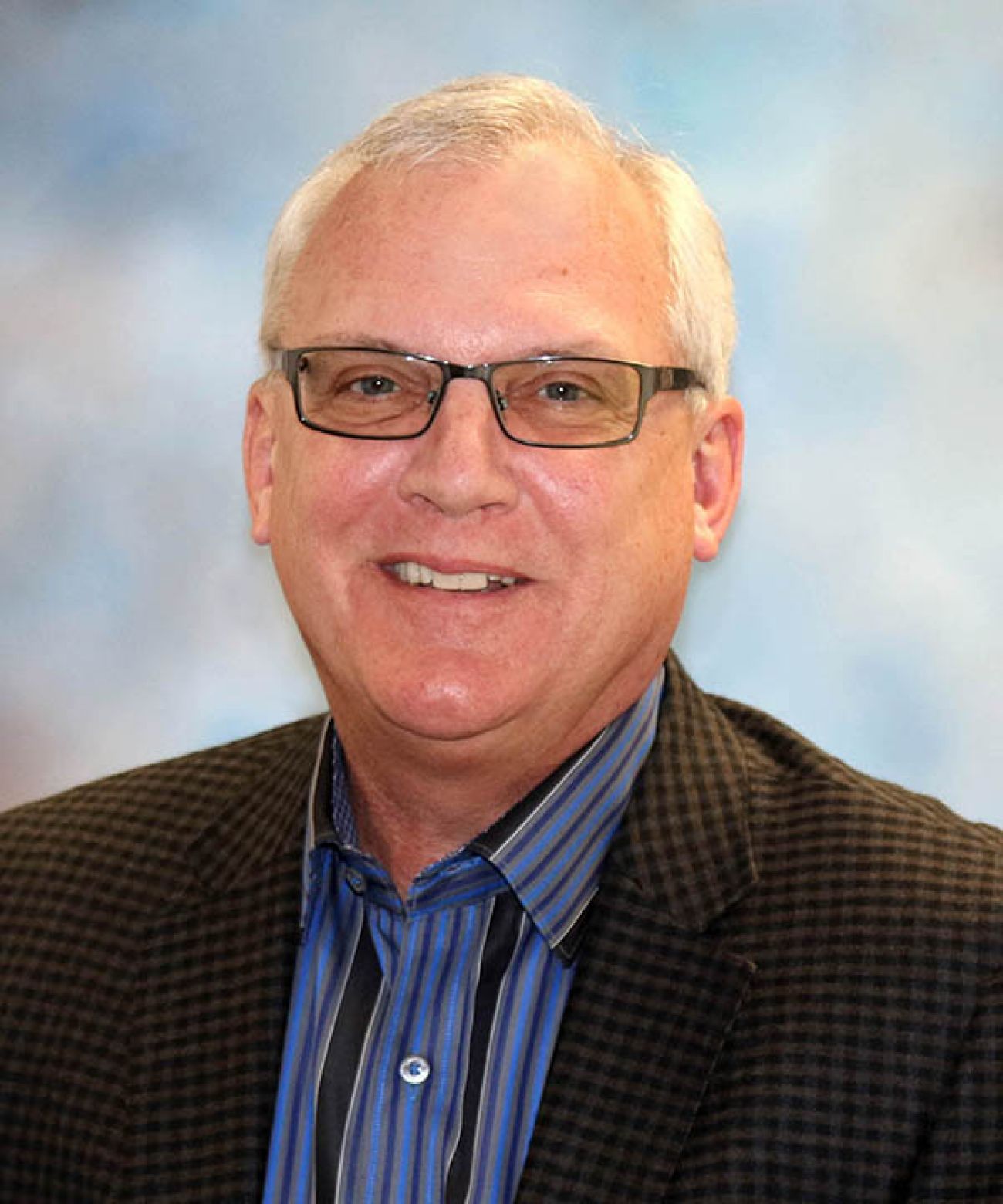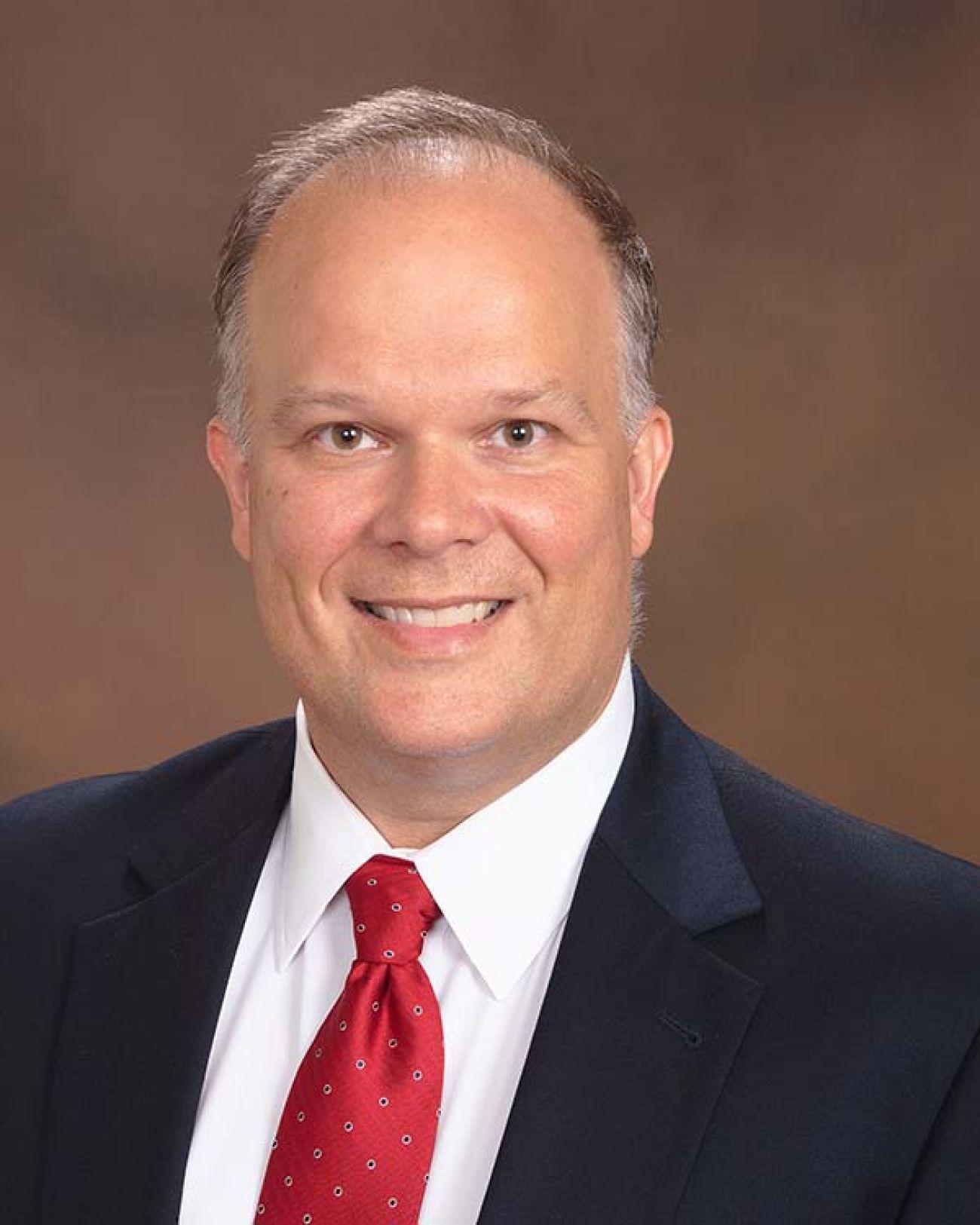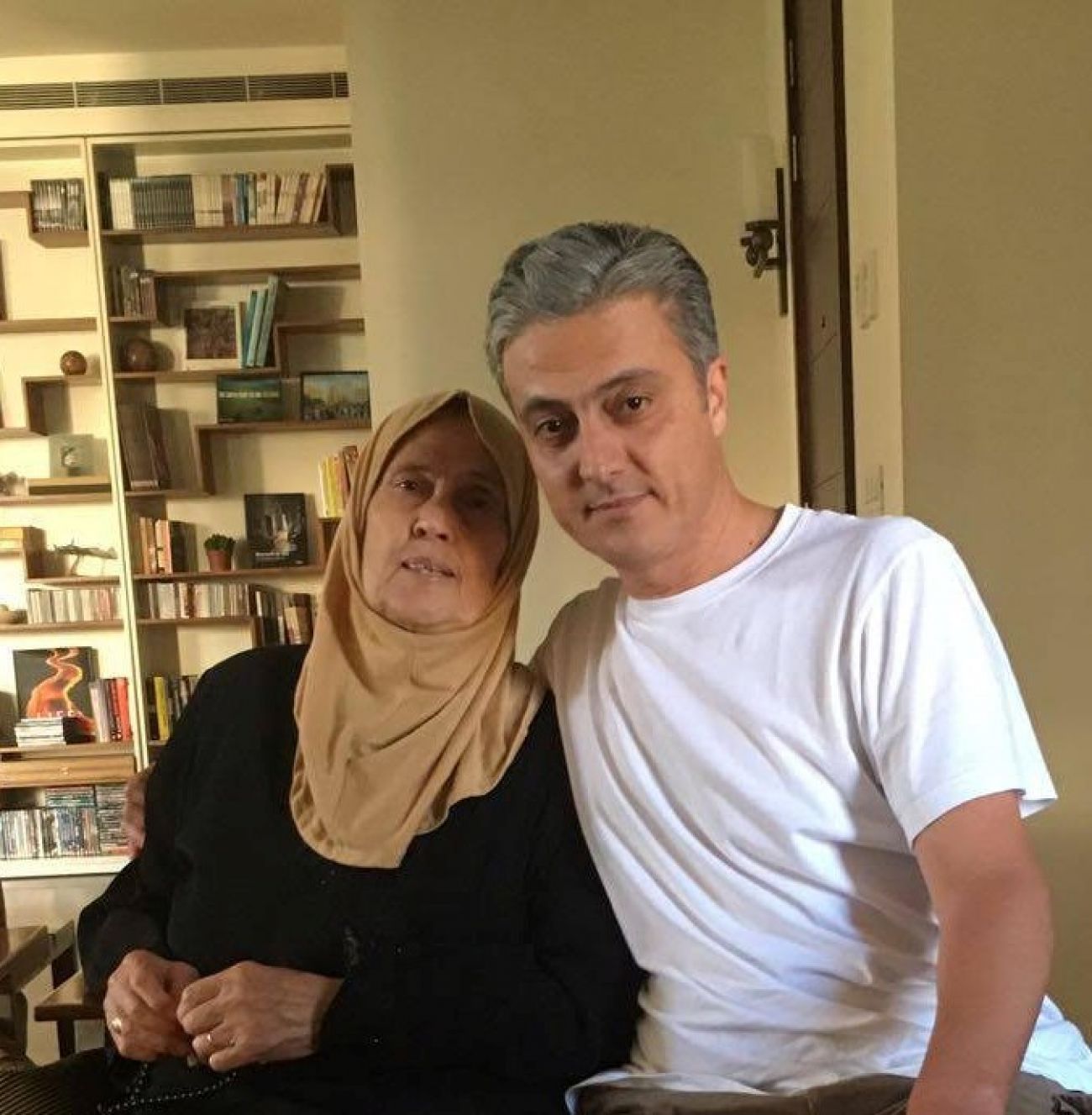Trump’s travel ban could spark crisis in state’s doctor shortage, healthcare leaders say

Michigan’s reliance on foreign doctors
Michigan ranks fifth in the nation in share of international medical graduates in its physician workforce. The national average is 24.2 percent
New Jersey: 38.4%
New York: 37.1%
Florida: 35.3%
Illinois: 31.2%
Michigan: 29.3%
Source: Association of American Medical Colleges
Uncertainty surrounding President Trump’s immigration order targeting seven Muslim-majority nations is causing anxiety among healthcare leaders in Michigan, a state where international medical graduates comprise 30 percent of the physician workforce.
A steady influx of foreign-born doctors is critical to poor, rural and heavily minority parts of the state, where a physician shortage is already acute. Indeed, the government offers visa waivers to international students in exchange for their promise to spend time in underserved areas. Now, healthcare leaders say, these physicians, residents and students are rethinking careers in Michigan.
“They are a critical component of access to care in rural Michigan,” said John Barnas, executive director of the Michigan Center for Rural Health. The center, part of Michigan State University, advocates for rural health collaborations and recruitment and retention of rural health care providers.
Barnas said Michigan has accepted 30 international medical graduates a year under the J-1 waiver program for about the past 15 years, and 20 annually for years before that. That has meant approximately 600 physicians agreeing to serve at least three years in rural and urban settings where there is medical need, in practices ranging from primary care to anesthesiology.

“If you had to do without them,” Barnas said, “it would be devastating.”
Trump’s executive order on immigration, now on hold in the federal courts, applies to seven Middle-Eastern nations. But several doctors interviewed by Bridge Magazine say physicians from other parts of the globe have also expressed fear about their futures, and whether they can safely travel abroad or visit their families.
“It's not only Muslims,” said Detroit Henry Ford Hospital heart specialist Khaldoon Alaswad, a U.S. citizen from Syria who runs the cardiac catheterization laboratory at the Edith and Benson Ford Heart and Vascular Institute. “I have friends from India that are Hindu, Sikh. They canceled their trips. They are afraid to leave the country.”
Alaswad said he fears confusion surrounding the immigration order could diminish the number of future foreign graduates who apply for residency and practice in America.
“The United States is now seen as hostile,” he said. “As a U.S. citizen myself, now I feel like a second-class citizen.”
Henry Ford Health Systems has an immigration lawyer on retainer who has been busy in recent days answering a flurry of questions from upset international residents and doctors.
“There is lots of concern,” said Dr. Kim Baker-Genaw, vice chair of internal medicine at Henry Ford Hospital. “They contribute a great deal to our ability to provide care.”
Baker-Genaw said the worry is particularly acute for those from the seven countries named in the ban – Iraq, Syria, Iran, Sudan, Libya, Somalia and Yemen – but also those from other Middle East countries and beyond. Henry Ford officials say they have doctors and residents from 60 countries.
Bob Wheaton, spokesman for Michigan’s Department of Health and Human Services, said international medical graduates “are an important part of Michigan’s health care workforce. So it’s important for Michigan to be able to recruit and retrain physicians to successfully meet the needs of Michiganders in underserved communities. We will be watching the developments at the federal level closely.”
Ari Adler, spokesman for Gov. Rick Snyder, said the governor is concerned “any time people talk about making it tougher for people to immigrate to Michigan.”
He added: “He is most interested in finding a way to have all sides on the immigration issue have a constructive dialogue about protecting our borders while still making immigrants feel welcome to come here, regardless of their profession.”
Finding hospital residents
Three days after the travel ban was announced, immigration attorney Marc Topoleski presided over a hastily-arranged meeting at Henry Ford Hospital.
“We had more than a hundred people with all kinds of questions and concerns,” he said.
Topoleski said he's also heard from Michigan automotive and technology firms with similar concerns about their employees.

Adding to the potential confusion, Topoleski said, thousands of graduates at U.S. medical schools and schools abroad are to find out on March 17 – in what is known as “Match Day” – if they have been selected for a residency program and where they are to begin their training. Trump's order, he said, has thrust that into disarray.
Physicians abroad are worried they won't be allowed into the United States to start their programs. And U.S. hospitals are weighing the risk of offering slots to students from the seven banned countries, given the prospect they could be turned back.
“Hospitals are not sure how to process these candidates. If a resident would not be able to come, that would leave that spot unfilled,” Topoleski said.
A three-judge panel of the U.S. Court of Appeals for the 9th Circuit ruled unanimously on Feb. 9 that Trump’s temporary travel ban should remain suspended, allowing people previously barred to continue entering the United States. Trump has both signaled his intent to appeal or submit a rewritten executive order that could have a better chance of withstanding legal scrutiny.
Leaving aside the merits of the president’s immigration policies, an official of the Association of American Medical Colleges said neither Michigan nor the nation can afford to lose a large segment of the medical workforce.
“Right now, we are facing as a nation a problem of physician shortages. We expect those shortages to grow,” said Matthew Shick, director of government relations for AAMC.
A plea for more doctors
Indeed, a 2016 analysis by AAMC projects a U.S. shortage of up to 95,000 physicians by by 2025. It issued a statement on Jan. 30 that it was “deeply concerned” the travel ban will “disrupt education and research and have a damaging long-term impact on patients and health care.”
It added that 10,000 foreign graduates in the past decade have gone on to practice in underserved areas across the country. The J-1 visa waiver program allows immigrant residents and fellows to remain in the United States to practice if they commit to a federally designated underserved area for at least three years.
Michigan itself faces a projected shortage of 4,000 physicians by 2025, while rural pockets around the state are already well short of recommended ratios of primary care physicians to patients.
A 2015 report by the nonprofit Lansing-based Citizens Research Council found four rural counties in Michigan -- Cass, Keweenaw, Lake and Oscoda -- consistently fall below recommended ratios of primary care physicians. Seven other rural counties -- most in the northern half of the Lower Peninsula -- fall below suggested ratios in every primary care field it examined except family practice.
In the bottom 10 counties in Michigan, all rural, the availability of primary care doctors ranged from one doctor for every 3,100 residents in Arenac County, north of Bay City, to nearly 7,500 residents for every doctor in Cass County in southwest Michigan. Those rates, based on 2010 data, far exceed the 1,200-to-1 ratio recommended by the American Academy of Family Physicians.
International medical graduates are one part of the solution in rural and urban areas where doctors are harder to find. Legislation signed into law in January should help as well. It gives advanced practice nurses – who are more highly trained than registered nurses – more authority to diagnose, treat and prescribe medications for patients independent of a physician. Advocates say that be especially helpful in rural Michigan.
Health practitioners, including those from the U.S. Veterans Administration, are also increasingly turning to telemedicine -- using technology to diagnose and treat patients who may be a hundred miles away -- as another piece to the health care puzzle.
See related: The doctor will see you now – remotely
According to the AAMC, there were nearly 8,000 international medical graduates in active practice in Michigan in 2014, 29.3 percent of the total physician workforce of about 27,000. That was fifth highest percentage in nation and well above the national average of 24.2 percent.
A more detailed analysis of 2010 data posted by the U.S. National Library of Medicine found a significant number of foreign doctors in Michigan from three nations named in Trump’s travel order: 151 from Iran, 259 from Iraq and 511 from Syria. Another 251 were from Egypt, 687 from Pakistan and nearly 3,000 from India.
Where most doctors come from
Physicians from countries in the Middle East and beyond are an important piece of Michigan's health care system. Here are the number of foreign-born doctors working in Michigan as of 2010. (Syria, Iraq and Iran were among the seven countries blocked in President Trump’s contested travel order)
India: 2,916
Pakistan: 687
Syria: 511
Iraq: 259
Egypt: 151
Iran: 151
Source: U.S. National Library of Medicine
Personal stories
The role of foreign graduates has grown dramatically in recent decades, as U.S. medical schools failed to produce enough graduates to meet the need for medical care. According to one analysis, international graduates comprised just 10 percent of physician work force in 1965, rising to 21 percent in 1981 to where it is today.
At the same time, medical studies indicate that the care provided by foreign medical graduates is as good – or better – than that given by graduates of U.S. medical schools.
A study published earlier this month in the BMJ – previously the British Medical Journal – found that Medicare patients treated by international medical graduates had a 5 percent lower mortality rate within 30 days than patients by U.S. medical graduates. Patients had a slightly higher cost of care with international graduates.
Lebanese native Dr. Adnan Munkarah of Henry Ford Hospital said he's also concerned the travel ban will chip away at the number of foreign graduates who apply for U.S medical training. He said he even heard from a Canadian resident in training afraid to cross the border into Canada.
“She said, 'I am terrified. You don't know what is going to happen.' There is such a fear that even someone from Canada is afraid about this,” said Munkarah, 54, an obstetrician-gynecologist and chair of the Board of Governors for the Henry Ford Medical Group.
“I think that people (foreign medical graduates) who were very excited to come here are going to give it second thoughts,” he said.
Despite those concerns, Munkarah, 54, stressed that he recognizes the need for strong and reasonable border security.
“I am all for making sure the United States is secure. This is why I am living here. I have seen what terrorism can do and I don't wish that on anyone,” he said, referring to the brutal Lebanese civil war which claimed an estimated 250,000 lives.
Still, he said, any reduction in the international medical workforce would come at a price.
“In order for us to provide the best care, we need to have a diverse healthcare workforce,” he said. “I don't think U.S. medical schools are going to be able to fill that gap in the short term. The problem is not that easy to solve.”
Alaswad, the heart specialist, said he has a very personal stake in this issue.

After months of persuasion on his part, his 77-year-old mother – who has heart problems and high blood pressure - had agreed to travel to Michigan this year for a visit with her son and grandchildren. He wanted to make sure they had that personal contact before her possible death. An outspoken critic of the regime of Syrian President Bashar Hafez al-Assad, Alaswad said he fears he would be imprisoned or worse if he traveled to Syria.
He recalled that on his last visit to Syria, in 2009, he was interrogated for six straight days by Assad regime security officials.
“My name is on a list of wanted people,” he said.
He said his mother, Aisheh Alaswad, had an interview scheduled for March at the U.S. Consulate in Beirut about her visa application. Then, the day after the executive order, Khaldoon Alaswad opened an email with the subject line: “Notice on Executive Order.”
The message: “Your visa appointment has been canceled.”
Alaswad said another interview has been scheduled for her in April, so he remains hopeful she will be able to come and see him.
In the meantime, he said he believes America will somehow figure this out.
“I trust the people to do the right thing in the end,” he said. “I know how America is destined. I think this country has a funny way of taking two steps forward and one step back. This is a step back, but we are going to go forward again."
See what new members are saying about why they donated to Bridge Michigan:
- “In order for this information to be accurate and unbiased it must be underwritten by its readers, not by special interests.” - Larry S.
- “Not many other media sources report on the topics Bridge does.” - Susan B.
- “Your journalism is outstanding and rare these days.” - Mark S.
If you want to ensure the future of nonpartisan, nonprofit Michigan journalism, please become a member today. You, too, will be asked why you donated and maybe we'll feature your quote next time!

